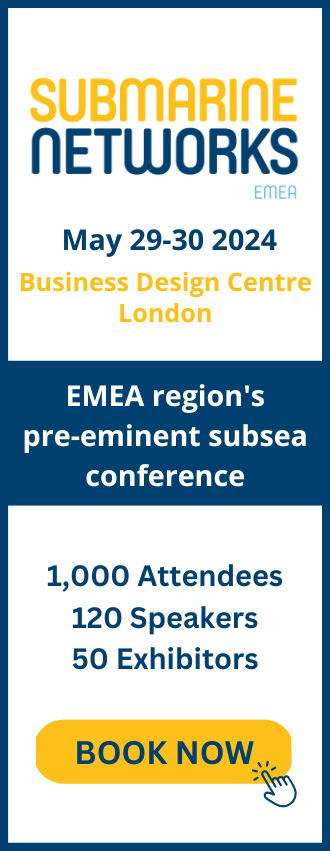We talk with the Chief Data Center Technology and Engineering Officer at Interxion: A Digital Realty Company, Lex Coors about ideas on the big diesel generator debate, Europe’s data center sustainability aspirations and more. Throughout his 30-year career, Coors has built exceptionally strong credentials in the design of versatile, cost-effective and energy-efficient data center infrastructures. He pioneered several new approaches to design and management, like the first modular approach to data center architecture or improving the power-ratio efficiency between server load and transformer load. Coors is a visiting professor at the University of East London and the Chair of the EUDCA Policy committee. He serves as a Board member of the Climate Neutral Data Center Pact.
How has Interxion driven sustainable approaches to renewable energy and sustainable DC design throughout Europe, the Middle East and Africa (EMEA)?
Visionary designs for data centers and using sustainable, efficient energy sources are sometimes sacrificed to keep construction costs low. At Digital Realty, we have set the bar very high for energy efficient designs, with zero (or very low) use of water for adiabatic cooling purposes and the procurement of 100 percent renewable energy. We have made our Corporate Social Responsibility (CSR) values a top priority. Whilst this may result in higher initial data center construction costs, we benefit from lower operating costs and energy usage long term, which generates a significantly lower total ownership cost. These strong CSR values feed into the industry via our engagement with the European Data Centre Association (EUDCA) and the development and launch of their Climate Neutral Data Centre Pact.
Addressing the increasing reliance on IT and network infrastructure, the Uptime Institute formed their EMEA Network in 2007. Back then, Interxion was the only participating carrier neutral data center provider to engage. Subsequently, Uptime Institute established itself as one of the leading, unbiased sources of information on Best Practices for data center design, construction and management. It has handled the creation and administration of the Tier Standards and Certifications for Data Center Design.
Currently, 100 percent of our energy in EMEA is procured from renewable sources. We’ve pioneered energy-saving designs and harnessed any available resources, like arctic winds, underground aquifers and the Baltic Sea, to reduce our carbon footprint. Constantly innovating to improve how we design and operate our data centers means new ways for energy efficiency or cutting carbon emissions and waste.
Since the merger with Digital Realty, the company further increased efforts to drive the sustainability across the EU through leadership on the EUDCA and Climate Neutral Data Center Pact. Can you outline your role and next steps for the industry?
I’m the Chair of the Policy Committee of the EUDCA. We communicate twice a year with EU ministers and regularly receive questions on data centers issues, like battery energy storage, hydrogen and many others. To date, this communication has been well received, and consultations have gathered pace. We are committed to achieving the sustainability goals outlined by the EU to make data centers in Europe carbon neutral by 2030. This is a self-regulatory initiative following the adoption of the European Green Deal. Through the EU Climate Neutral Data Centre Pact, we aim to:
Improve energy efficiency with measurable targets
Procure 100 percent carbon-free energy
Measure and set ambitious water conservation targets
Reuse, repair and recycle servers and other electrical equipment
Look for ways to reuse waste heat.
With your close involvement with the EU and advisory role to various organizations, how do you see government and new / updated regulations pushing the industry to become cleaner and greener?
The EU is going to be asking for more data, on top of what already is reported to the EU Code of Conduct for Energy Efficiency in Data Centers initiative. We will have to start reporting on square meter usage, energy consumptions, capacities and other metrics. The EU wants to better understand this industry. What is it? How quickly is it growing?



